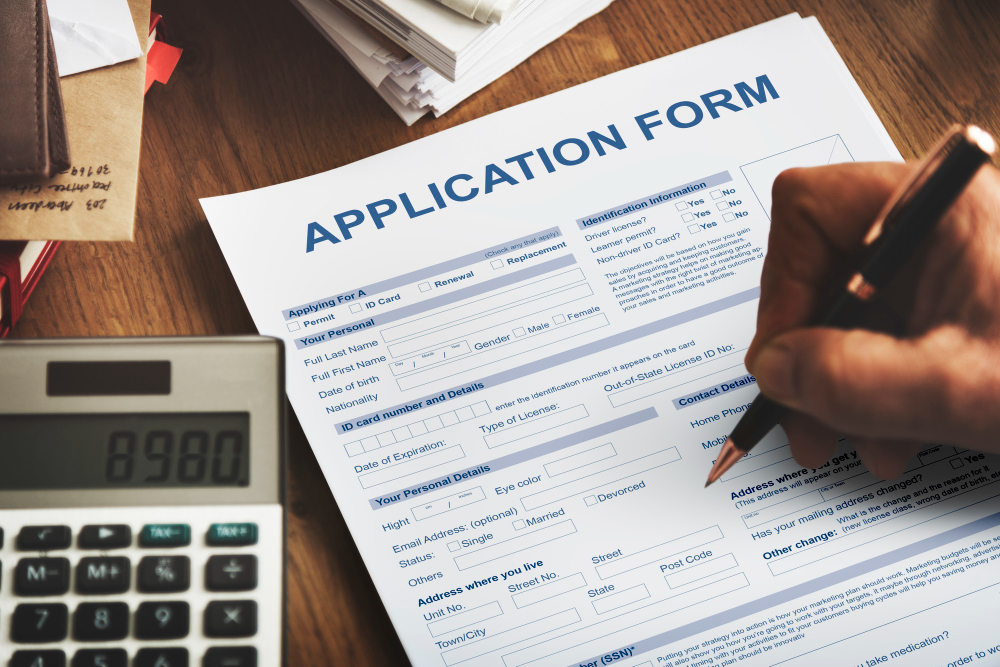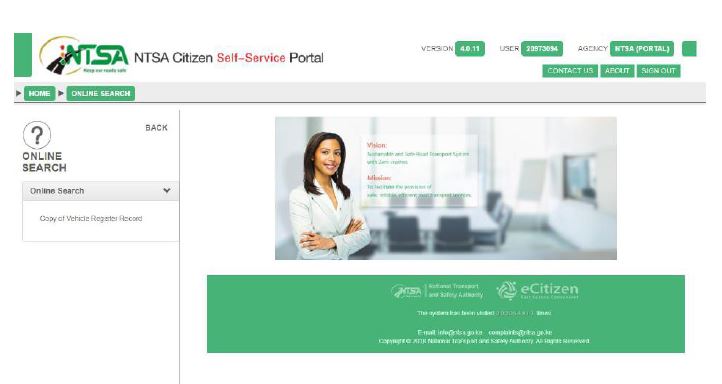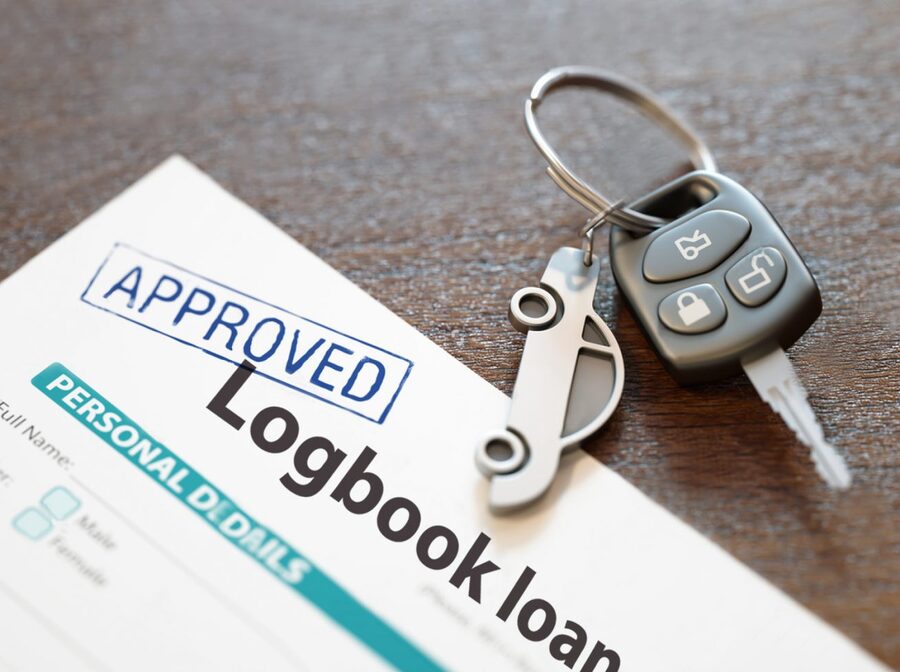If you have ever been in a situation where you need cash urgently, then you know the value of getting a loan. Logbook loans in Kenya are becoming increasingly popular due to their accessibility and quick approval process.
A logbook loan is a type of secured loan where the borrower uses their vehicle as collateral. For example, you may run into an emergency and do not have enough money to meet your needs, using your car as security you can easily access loans.
The number of banks and microfinance institutions offering logbook loans has significantly increased in the past few years.
There are many reasons why someone might need a logbook loan. For instance, a small business might need to borrow money to purchase inventory or to expand its operations.
Whatever the reason, understanding the intricacies of logbook loans is important if you want to take advantage of this kind of financing.

Logbook loans in Kenya
How do logbook loans work
When applying for a logbook loan, the lender will hold onto the vehicle’s logbook as security for the loan.
The amount of the loan is typically based on the value of the vehicle, and borrowers can borrow up to 60% of the value of their vehicle. Some lenders may offer up to 80% depending on the type of vehicle.
To apply for a logbook loan, you must own a vehicle that is free of finance and typically not more than 10 years old.
To access a loan, you have to provide the following to the lender;
- the vehicle’s original logbook
- proof of income
- Original identification (ID)
- KRA pin
- Car insurance

Once the loan is approved, you will receive the funds and continue using your vehicle as usual. However, the lender will hold onto the vehicle’s logbook until the loan is repaid in full.
During the loan period, the lender has the right to repossess the vehicle if the borrower defaults on the loan. You will need to repay the loan within a specified period, usually 12 to 36 months.
Interest rates
Logbook loans in Kenya have interest rates ranging from as low as 2% to 10% per month, which can add up quickly if the loan is not repaid on time.
Lenders such as Ngao Credit offer logbook loans at an interest rate of 3.5% per month.
Associated costs and fees for logbook loans in Kenya
There are other costs associated with logbook loans that are common to all lenders. These costs include:
- Processing fees
- Valuation fees
- NTSA search fees
- Comprehensive insurance costs
- Car tracking fees
Some lenders may have additional costs such as administration fees, legal fees, and application fees.
Eligibility
To qualify for a logbook loan in Kenya, you must be:
- the registered owner of the vehicle
- have a steady income source
- The vehicle should also be fully insured.
- The vehicle should be in a good condition
- You should not have an outstanding loan on the car
Loan application process
The application process for a logbook loan in Kenya is straightforward. You will need to provide proof of ownership of the vehicle, proof of income, and other relevant documentation such as ID.
The lender will also have to verify ownership through the NTSA motor vehicle search platform. Note that most lenders require you to pay for the NTSA search.

After verification of the vehicle ownership on the NTSA portal, the lender will then assess the value of the vehicle and determine how much money they can lend you.
Valuation
The price range for each type of car varies depending on their scarcity or popularity. Some cars are worth more than others. Keep in mind that there isn’t a fixed price that these various models will always sell for.
Several different factors can affect the value of your car and may include:
- The vehicle’s year of manufacture
- The make and model of your car
- Mileage
- Condition of your vehicle
How long does it take to get logbook loans in Kenya?
Once you qualify for a loan and the application process is complete, the money you have borrowed is deposited into your account. Different lenders have varying processing and disbursement timelines.
Typically the disbursement is made within 24 hours but some lenders have a lesser turnaround time of 6 hours.
Risks
Logbook loans come with a significant risk, as the lender can seize and sell the vehicle if the borrower defaults on the loan. Additionally, the high interest rates can quickly accumulate and make it difficult for the borrower to repay the loan.
How Much Can You Borrow?
You can be approved for a logbook loan of as little as Ksh50,000 or as much as Ksh25 million. However, you can borrow more money if your vehicle is more expensive. Most of the time, you can get up to 50% of the value of your car, and some lenders will give you up to 80%.

How do i Repay Logbook Loans in Kenya?
Logbook loans in Kenya have fixed repayment schedules, which can be weekly or monthly depending on the lender.
Most lenders require payment in monthly installments. You should always ensure you make your payments on time to avoid late penalties.
Like any other secured loan, a failure to make repayments means that the lender can repossess your car and sell it to recover their money.
Logbook loans are normally paid back over 1 to 3 years, some lenders offer maximum repayment periods of up to 48 months (4 years).
When you fail to pay, the lender will send you a demand letter giving you some time typically 14 days to make your payment.
The most common method to repay your loan is through cheques, or direct debit authority (DDA), where the lender has the authority to take funds directly from your account.
Direct debits ensure timely payments and reduce the risk of late payments to your lender.
However, many borrowers have other payment options including early payments through direct deposits to the lender account and paying through MPesa.
Advantages of Logbook loans
- Quick access to cash:
Logbook loans can be a quick and easy way to access cash if you need it urgently. All you need to get a loan is to have your car.
- No credit checks:
Since logbook loans are secured against your vehicle, lenders often do not require a credit check, making it a viable option for those with a poor credit score.
- Flexible repayment options:
Some logbook loan lenders offer flexible repayment options, which can make it easier for you to repay the loan on time.
- You can still use your car:
Unlike other types of loans where you may have to give up your collateral, with a logbook loan, you can still use your car for personal use.
- Lower interest rates
Compared to other types of short-term loans, logbook loans may have lower interest rates than other types of short-term loans, such as payday loans.
Conclusion
Logbook loans are easily accessible forms of credit for those who may struggle to obtain traditional forms of loans such as bank loans.
However, they can be a risky form of borrowing, as the interest rates can be very high, and if the borrower defaults on the loan, they risk losing their vehicle.
It is important to carefully consider the risks and benefits of a logbook loan before applying and to ensure that you are able to make the loan repayments in full and on time. It may be a good idea to seek financial advice before getting a loan.
To know more about our logbook loans or get quick financing click below.



Leave a Reply